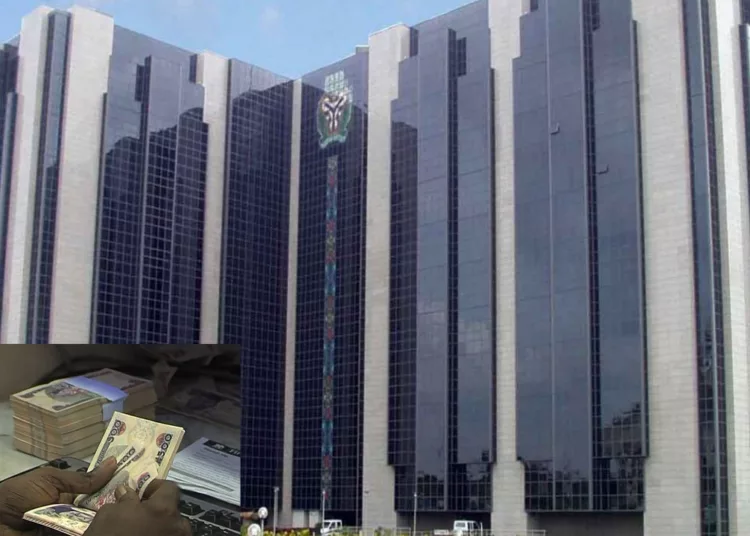Economic and media experts have urged the Central Bank of Nigeria (CBN) and the Nigeria Deposit Insurance Corporation (NDIC) to incentivise banks with differentiated Cash Reserve Ratio (CRR) in a move to increase lending to the real sector of the economy.
The experts, who spoke at the 36th seminar for Finance Correspondents and Business Editors with the theme “Playing the Global Game: Banking Recapitalisation Towards a 1 trillion Dollar Economy,” in Abuja yesterday, called on the apex bank to improve their lending to the manufacturing and Micro, Small and Medium Enterprises(MSMEs) sector of the country.
Such incentives, he stressed, will also help them to fund big contracts for infrastructure development and economic expansion.
On his part, Professor of capital markets at Nasarawa State University, Keffi, Uche Uwaleke said, it was critical to drive the banks into funding critical sectors, such as agric, MSMEs and the entire real sector that contribute more to job creation and gross domestic product(GDP) growth. He said, instead of funding sectors or areas where this will have less impact, he said, the banks should channel a high percent of their credit to the real sector.
Expressing concern that increased capitalisation of banks alone may not translate into greater financial support for the real sector., he said, unless paired with targeted incentives, the recapitalisation exercise may simply reinforce existing lending patterns that favour oil and gas over sectors with higher job creation potential.
Uwaleke noted that recapitalisation should go hand-in-hand with strategic deployment of funds, he added that, “It’s not just about bigger banks—it’s about better banking outcomes. Capital should serve national development goals, and that means financing real production, not just transactions.”
Also, president, Nigerian Guild of Editors(NGE), Eze Anaba warned the Nigerian bank chief executives to shun flounting with customers deposits, official corruption, credit abuse and be professional.
Anaba said, to get the desired impact and drive the quest for a $1 trillion economy, he said, ‘I would beg the CBN to be more aggressive in its regulatory control of the banks. There are no two ways about it.’
The quest for a $1 trillion economy, he noted, will just be a pipe dream if deliberate efforts are not taken to improve lending to the real sector of the economy.
He said Nigeria is too resource-rich to still be talking about a $1 trillion economy, adding that, ‘We should be more than that.
’He said, the negative factor – directing private sector credit to the wrong area might undermine the $1 trillion economy, stressing that, “the banks have to sit up, the regulator, the CBN, the NDIC, they have to wake up and shape up our banks to help our economy. It’s all fine to talk about theory and all that, yet they’re all here. But the truth is that what is not here is what we should talk about.
“The corruption in the banks, the lack of sincerity, the lack of professionalism is the biggest factor that will undermine our quest for a $1 trillion economy,” he stated.
On his part, the chief executive of the Nigeria Economic Summit Group, Dr Tayo Aduloju, pointed out that, currently, credit from DMBs to the private sector is less than 15 per cent in Nigeria, noting that, access to finance continues to be a challenge for Small and Medium Enterprises (SMEs).
According to him, while the recapitalisation will see more funds available to the banking sector for on lending, most of the funds are likely to mostly go to the oil and gas sector which currently takes over 50 per cent of the credit to the private sector.
He, however, noted that, with increased capital base, banks will be able to finance innovation for SMEs, as they will be able to have a strong financial base to give long term loans that would facilitate expansion.





